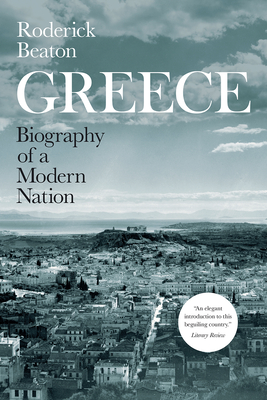Expedite your nonfiction book discovery process with Readara interviews, summaries and recommendations, Broaden your knowledge and gain insights from leading experts and scholars
In-depth, hour-long interviews with notable nonfiction authors, Gain new perspectives and ideas from the writer’s expertise and research, Valuable resource for readers and researchers
Optimize your book discovery process, Four-to eight-page summaries prepared by subject matter experts, Quickly review the book’s central messages and range of content
Books are handpicked covering a wide range of important categories and topics, Selected authors are subject experts, field professionals, or distinguished academics
Our editorial team includes books offering insights, unique views and researched-narratives in categories, Trade shows and book fairs, Book signings and in person author talks,Webinars and online events
Connect with editors and designers,Discover PR & marketing services providers, Source printers and related service providers

Greece: Biography of a Modern Nation
History > Europe - Greece (see also Ancient - Greece)
- University of Chicago Press
- Paperback
- 9780226809793
- 9 X 6 X 1.5 inches
- -
- History > Europe - Greece (see also Ancient - Greece)
- (Single Author) Asian American
- English
Readara.com
Book Description
How did Greece come to be so powerfully attached to the legacy of the ancients in the first place and then define an identity for itself that is at once Greek and modern? This book reveals the remarkable achievement, during the last three hundred years, of building a modern nation on the ruins of a vanished civilization--sometimes literally so. This is the story of the Greek nation-state but also, and more fundamentally, of the collective identity that goes with it. It is not only a history of events and high politics; it is also a history of culture, of the arts, of people, and of ideas.
Opening with the birth of the Greek nation-state, which emerged from encounters between Christian Europe and the Ottoman Empire, Roderick Beaton carries his story into the present moment and Greece's contentious post-recession relationship with the rest of the European Union. Through close examination of how Greeks have understood their shared identity, Beaton reveals a centuries-old tension over the Greek sense of self. How does Greece illuminate the difference between a geographically bounded state and the shared history and culture that make up a nation?
A magisterial look at the development of a national identity through history, Greece: Biography of a Modern Nation is singular in its approach. By treating modern Greece as a biographical subject, a living entity in its own right, Beaton encourages us to take a fresh look at a people and culture long celebrated for their past, even as they strive to build a future as part of the modern West.
Author Bio
Roderick Beaton grew up in Edinburgh where he first studied Latin and ancient Greek before going on to Peterhouse, Cambridge, to graduate with a BA in English Literature and a PhD in Modern Greek. He came to King’s in 1981, first as Lecturer in Modern Greek Language and Literature, and then from 1988 until his retirement in 2018 as Koraes Professor.
For ten years he headed the Department of Byzantine and Modern Greek Studies (whose functions since 2015 have been taken over by the Department of Classics), and from 2012 to 2018 was Director of the Centre for Hellenic Studies.
He is a Fellow of the British Academy (FBA, 2013), a Fellow of King’s College (FKC, 2018), Commander of the Order of Honour of the Hellenic Republic (2019) and, from September to December 2021, has been appointed A.G. Leventis Visiting Professor in Greek at the University of Edinburgh.
Teaching
Myth and modern literature; nations and nationalism in the Hellenic world; Romanticism and the making of modern Greece; Classical reception in modern Greece; and (at MA level) the history of the Greek novel in comparative context.
Expertise and public engagement
I frequently appear in Greek national press and on national radio, as well as many online appearances. I am actively involved in the organization of events in Greece, the UK and elsewhere to commemorate the 200th anniversary of the Greek Revolution in 2021, and have already recorded extensive interviews for several TV and film documentaries on the subject.
I am available to the talk to the media about any aspect of current affairs or the modern history and culture of Greece or Cyprus.
Source: King's College London, U.K.
Videos






Community reviews
No Community reviews

